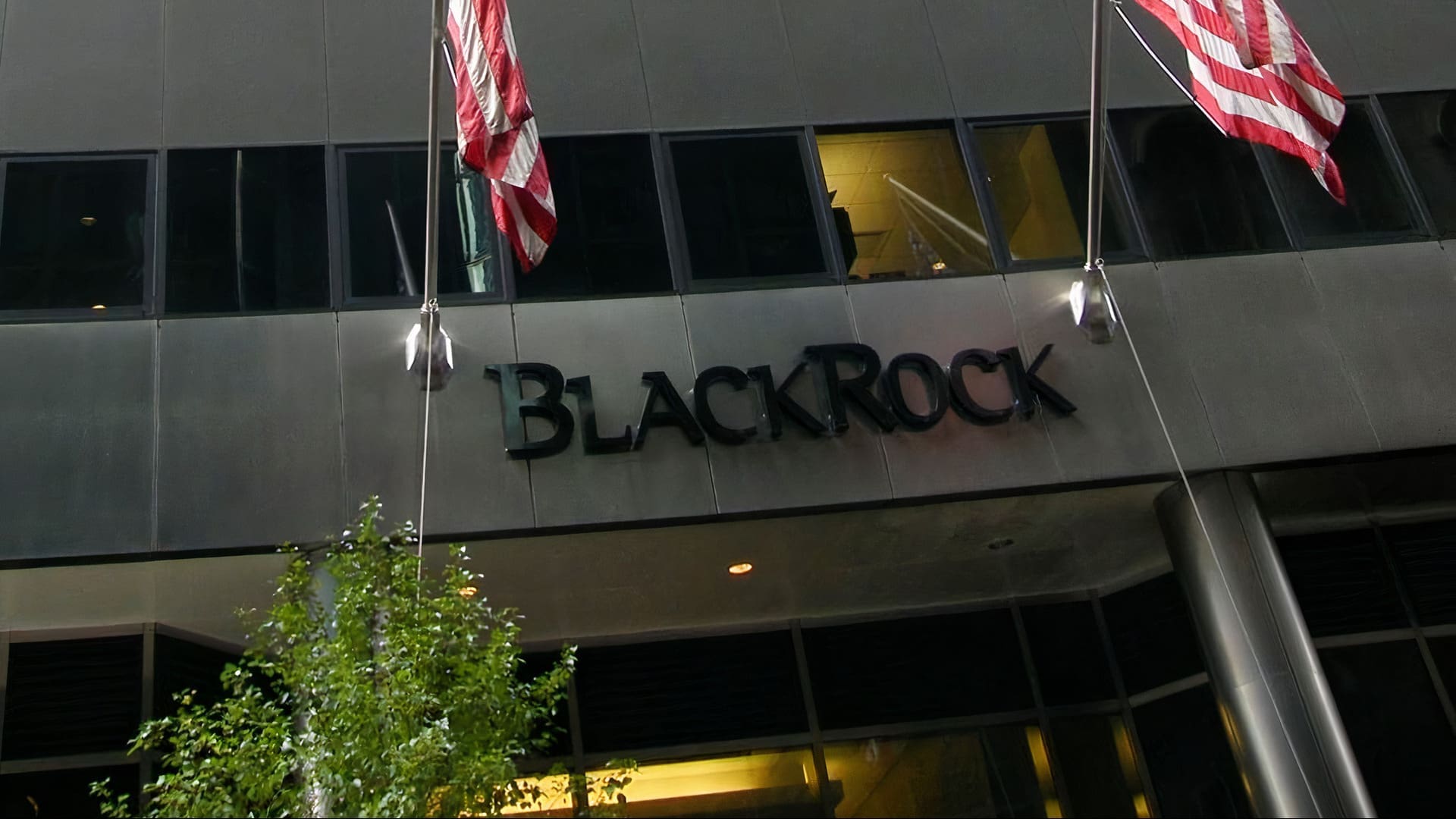Texas’ Office of the Attorney General is calling S&P Global Ratings’ reversal on publishing alphanumerical ESG credit ratings a “victory for Texas efforts against improper political activism by financial companies.”
S&P Global Ratings publishes financial research and analysis on stocks, bonds, and commodities using a variety of factors, including what are known as ESG factors. ESG—which stands for Environment, Social, and Governance—is a form of “stakeholder capitalism,” which prioritizes investments based on social or political desires rather than strictly on profits.
Accordingly, Texas’ OAG has sought to “combat the ESG investment doctrine that aims to weaponize the financial sector for ideological goals related to environmental extremism, racial and gender identity politics, and more.”
Last year, Texas joined a coalition of states to send a Civil investigative Demand to S&P Global, a financial analytics firm. The coalition sought information as to how S&P Global incorporates ESG factors into its credit ratings analysis.
At the time, Attorney General Ken Paxton said, “Too many consumers and investors have been hurt by the woke ESG movement’s obsession with radical social change and willingness to ignore the law.”
The OAG also sued the Biden administration earlier this year over a federal rule that would prioritize ESG investing in American workers’ retirement accounts by allowing asset managers to consider non-financial factors when investing client funds.
Now, S&P Global Ratings has pledged to end their alphanumerical ESG ratings, though they will still provide analysis on ESG factors inside their credit reports.
Texas’ First Assistant Attorney General Brent Webster said, “Texas is proud of our litigation and investigations that have obviously caused companies to think twice about becoming an arm for political activism, and we will continue to monitor companies closely.”
The Texas Legislature passed a law in 2021 prohibiting state agencies and local governments from engaging with companies actively boycotting fossil fuels. Those boycotts are part of the ESG framework that seeks to implement climate change policies and evaluate companies based on their commitment to “renewable resources.”
Although State Sen. Bryan Hughes (R-Mineola) attempted to extend the prohibitions on ESG in Texas this previous legislative session, both measures were killed in the Texas House.
No ads. No paywalls. No government grants. No corporate masters.
Just real news for real Texans.
Support Texas Scorecard to keep it that way!




